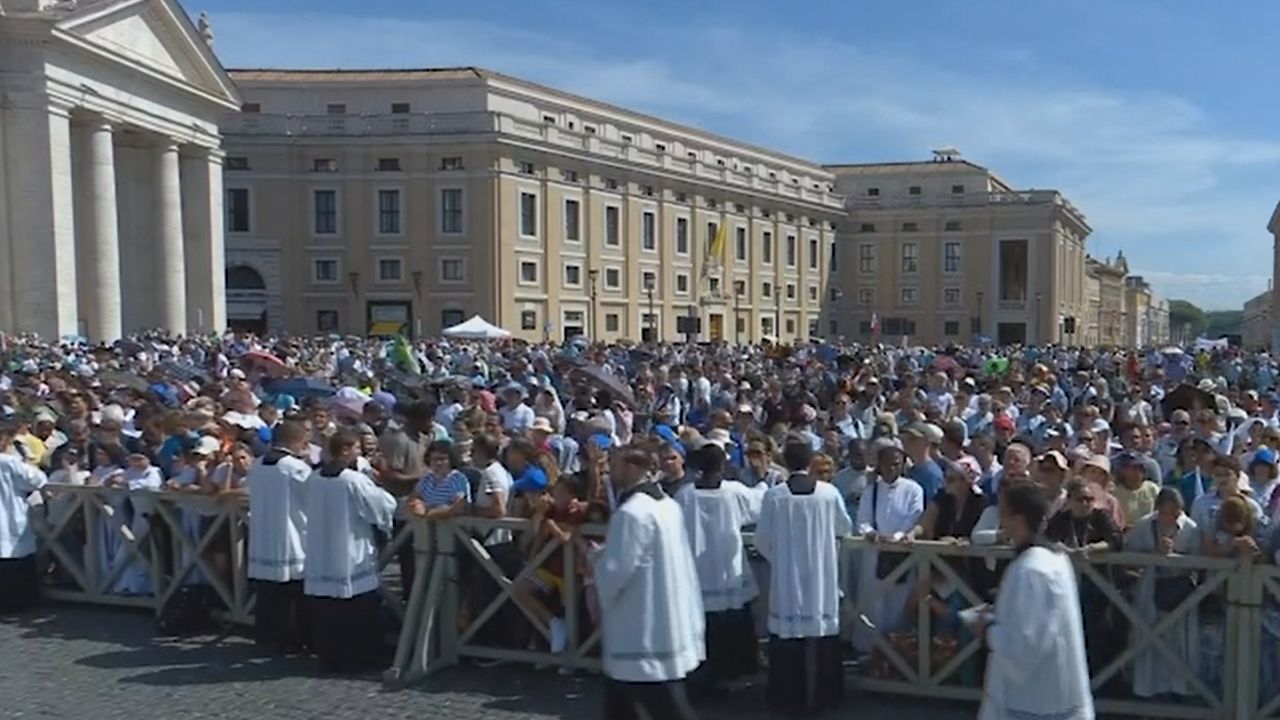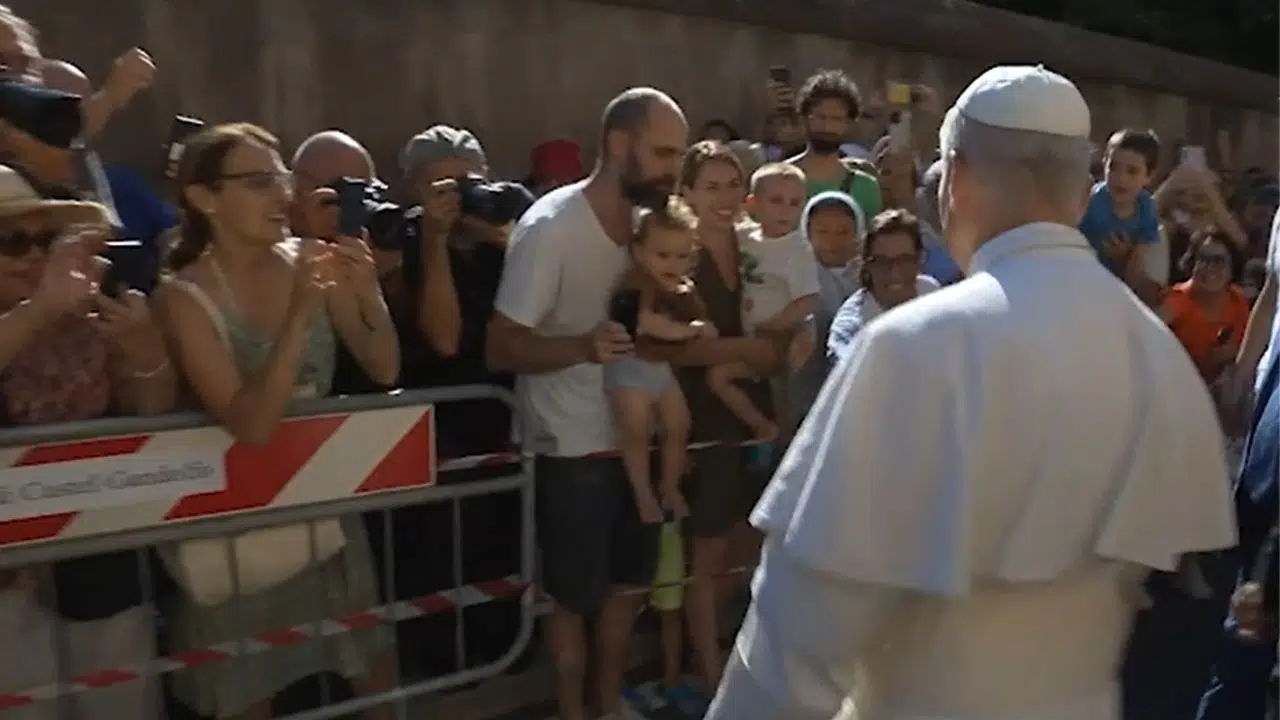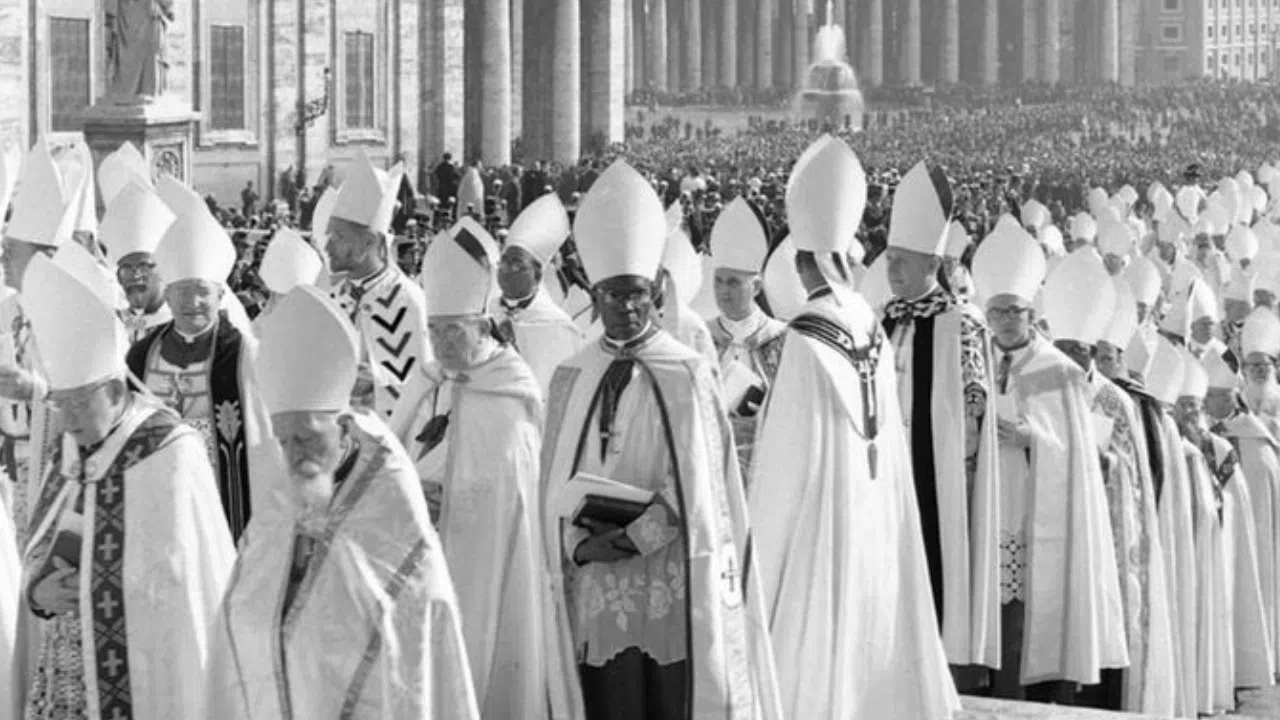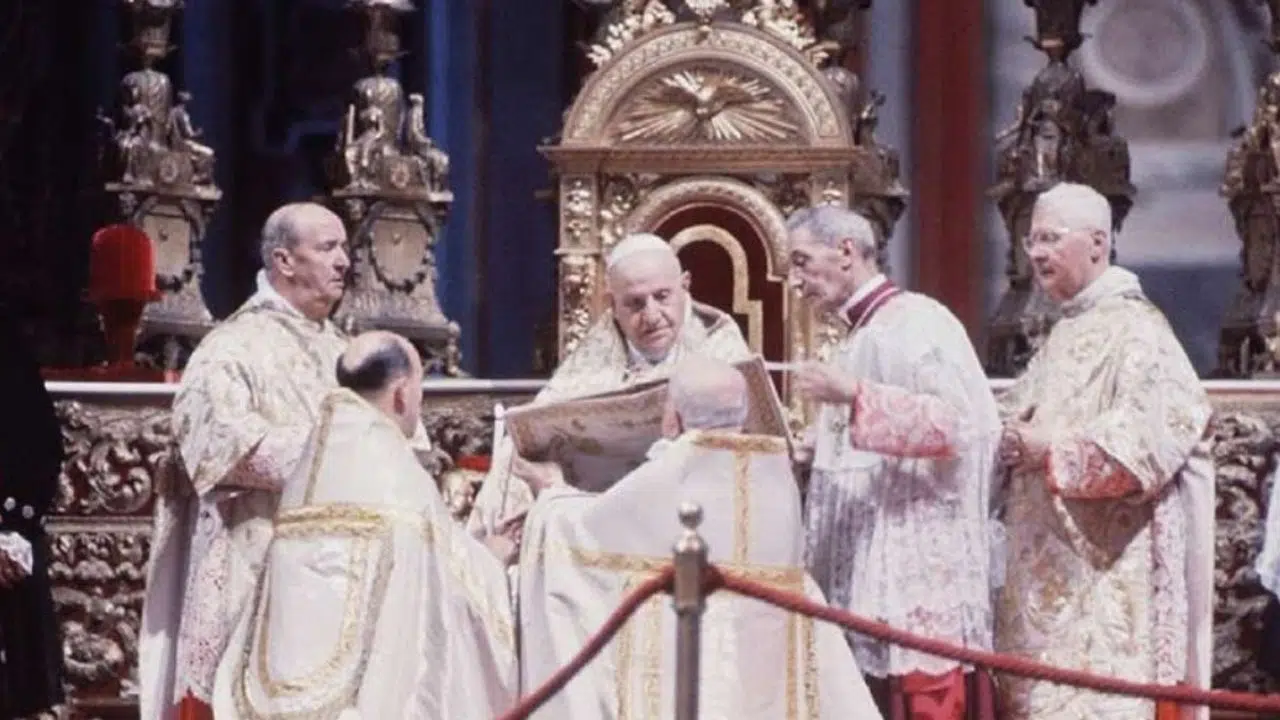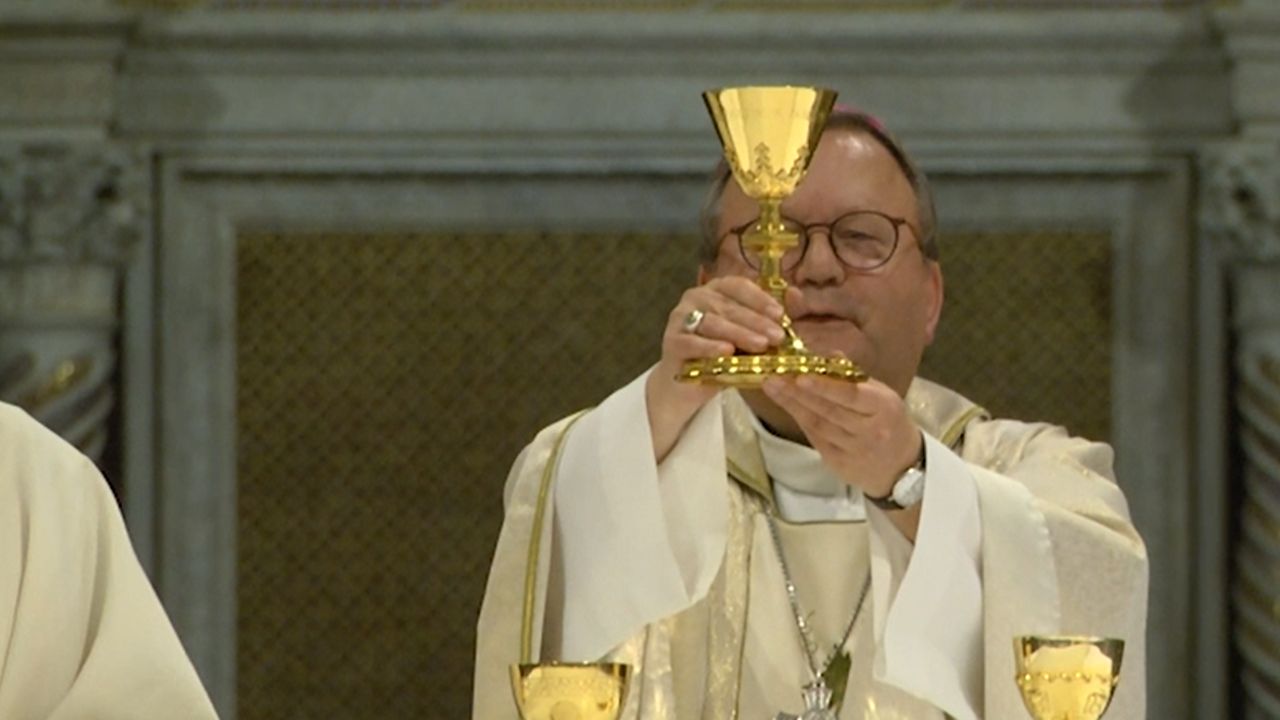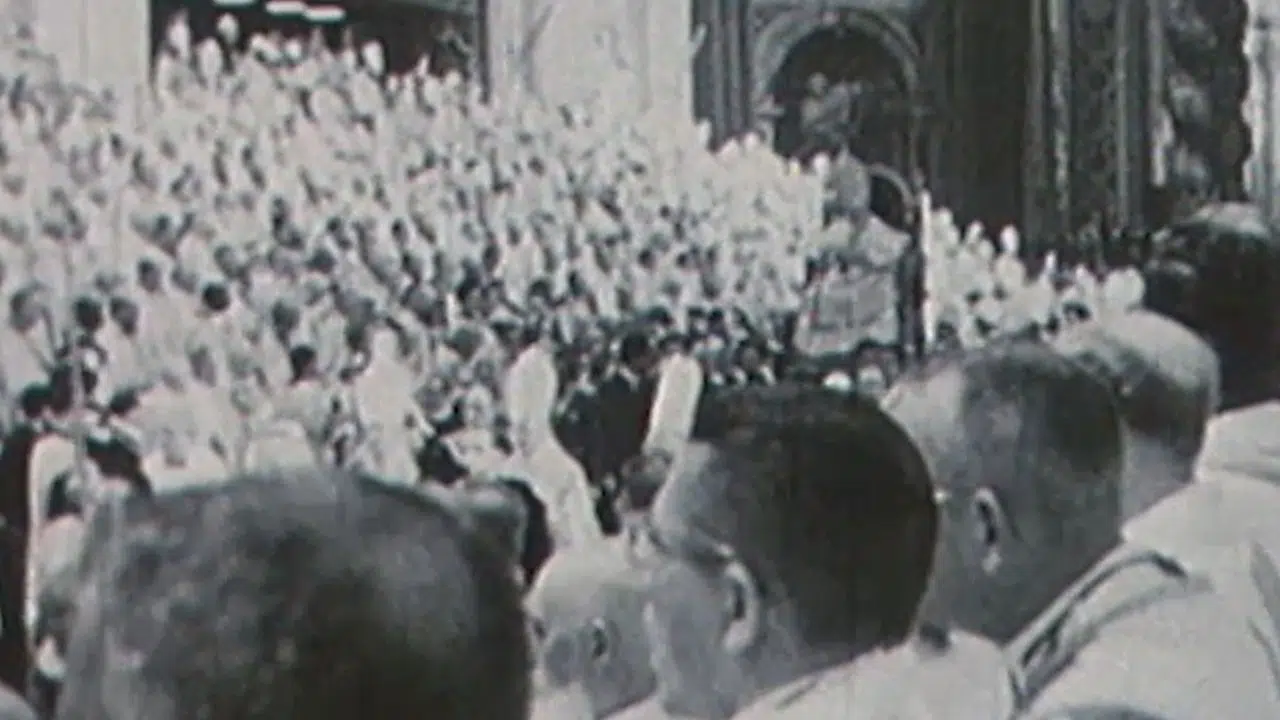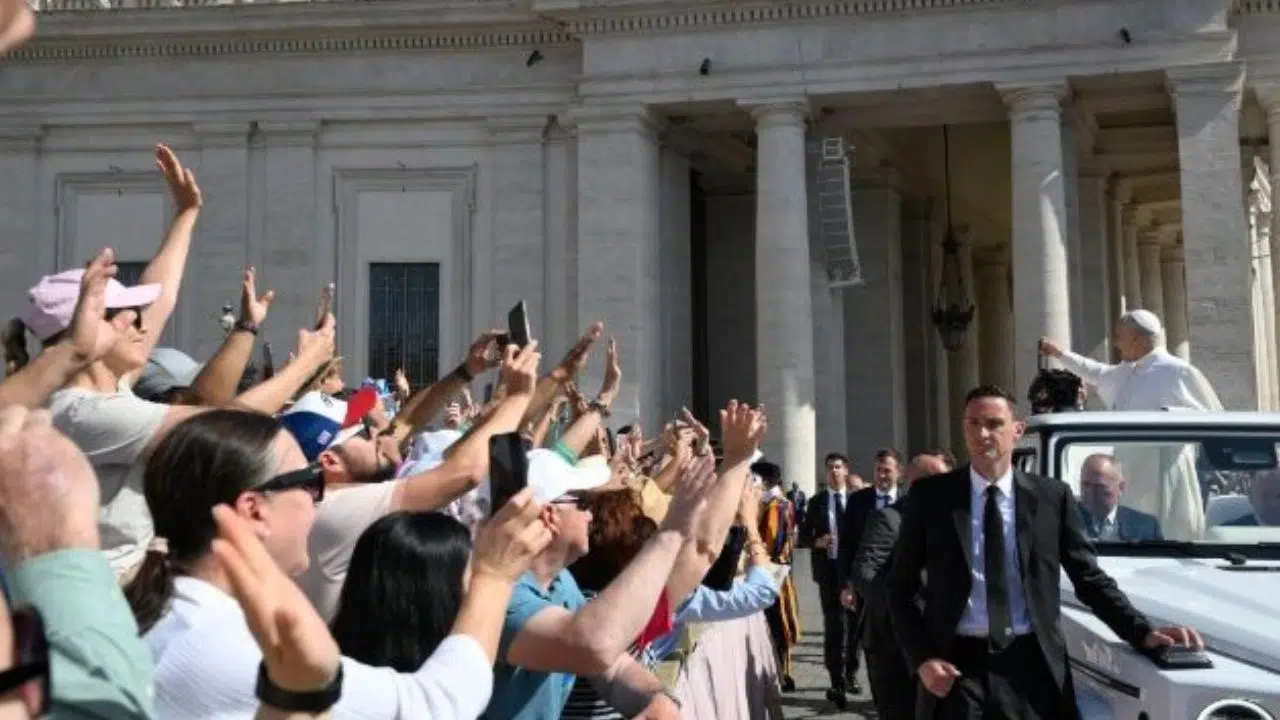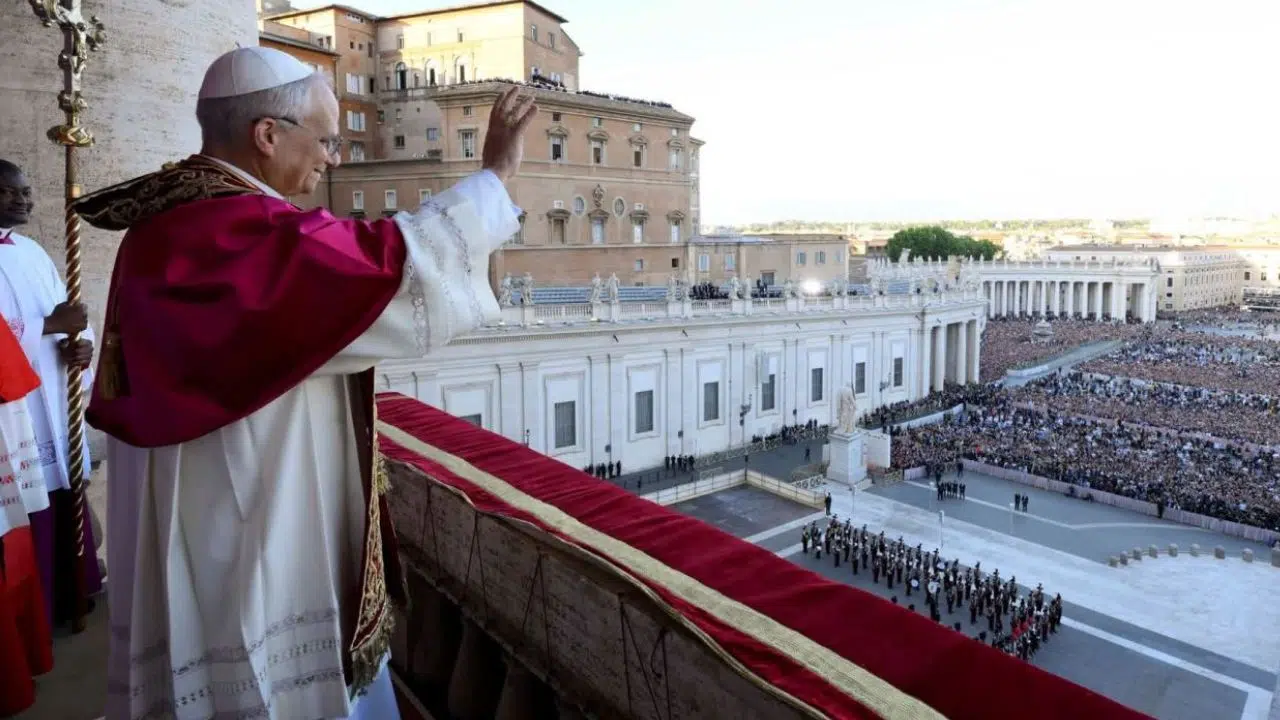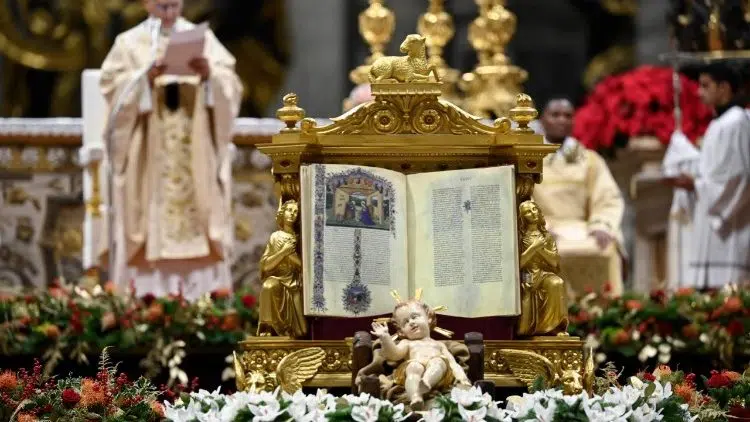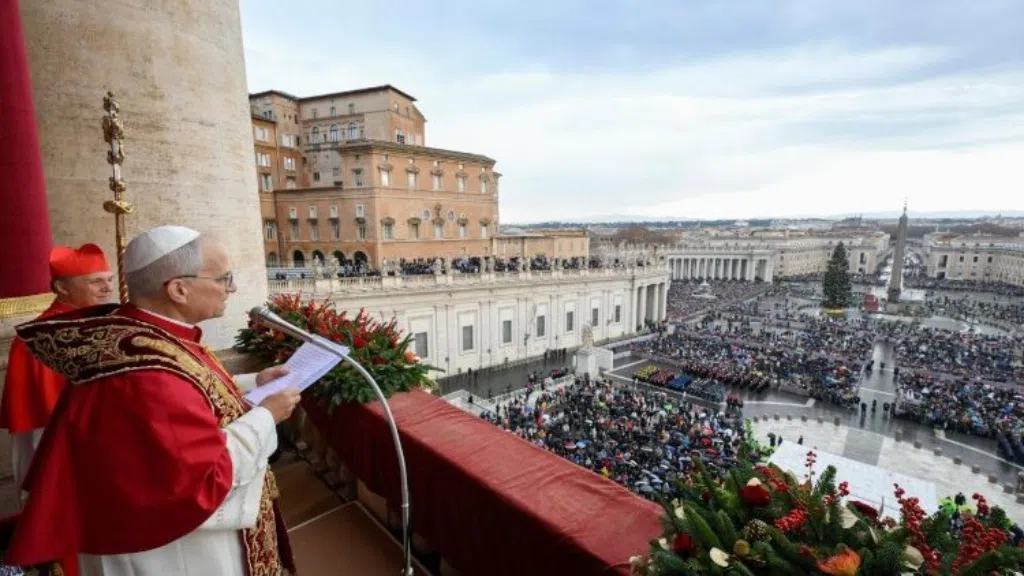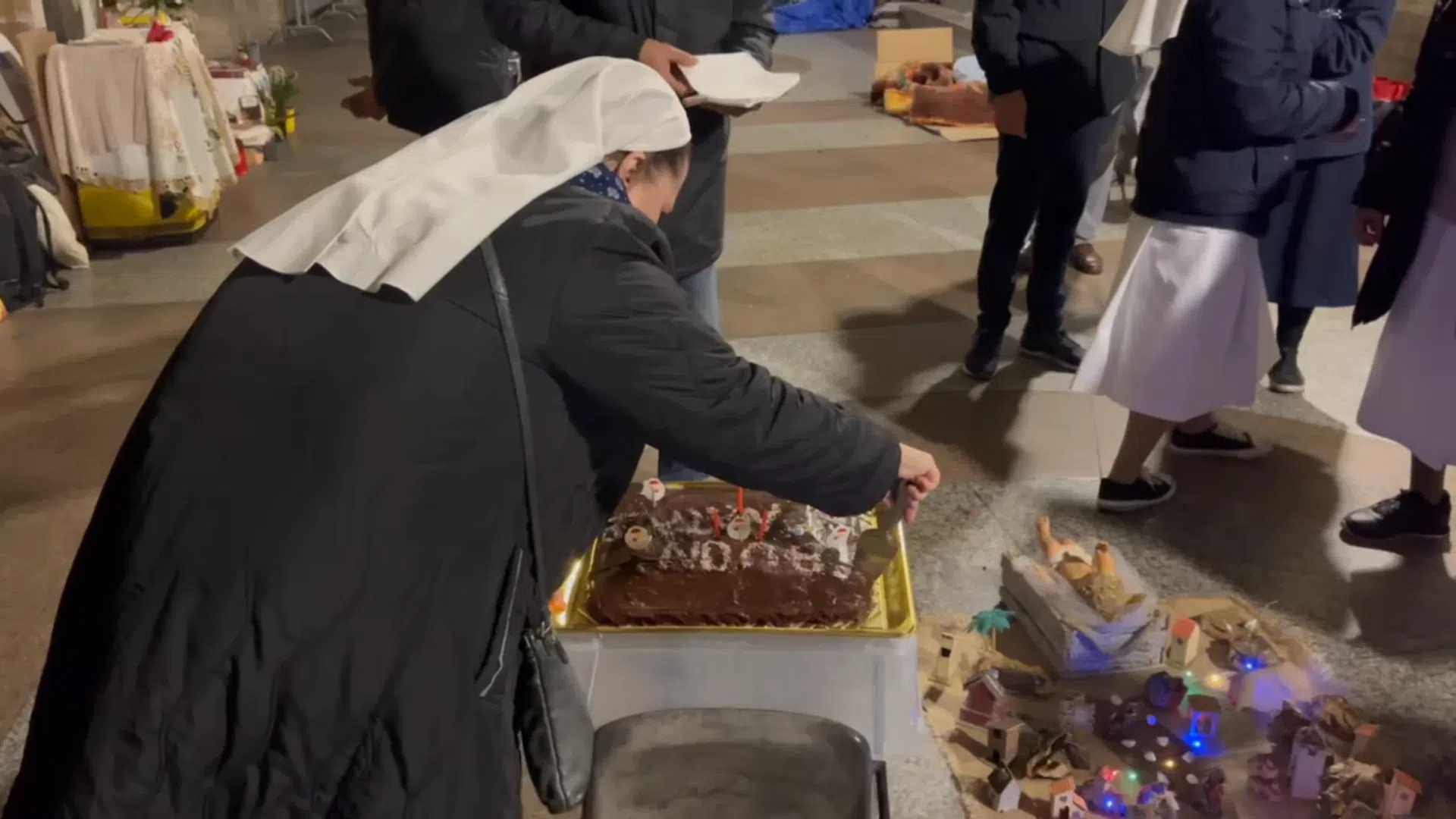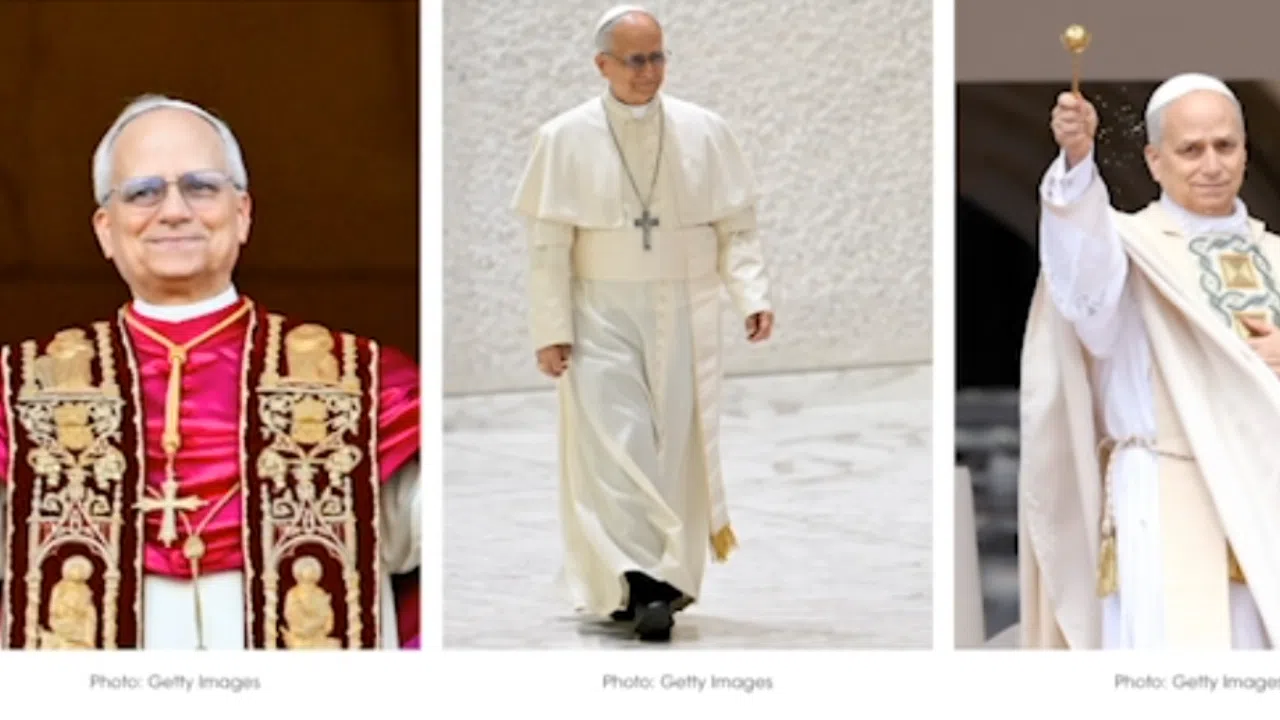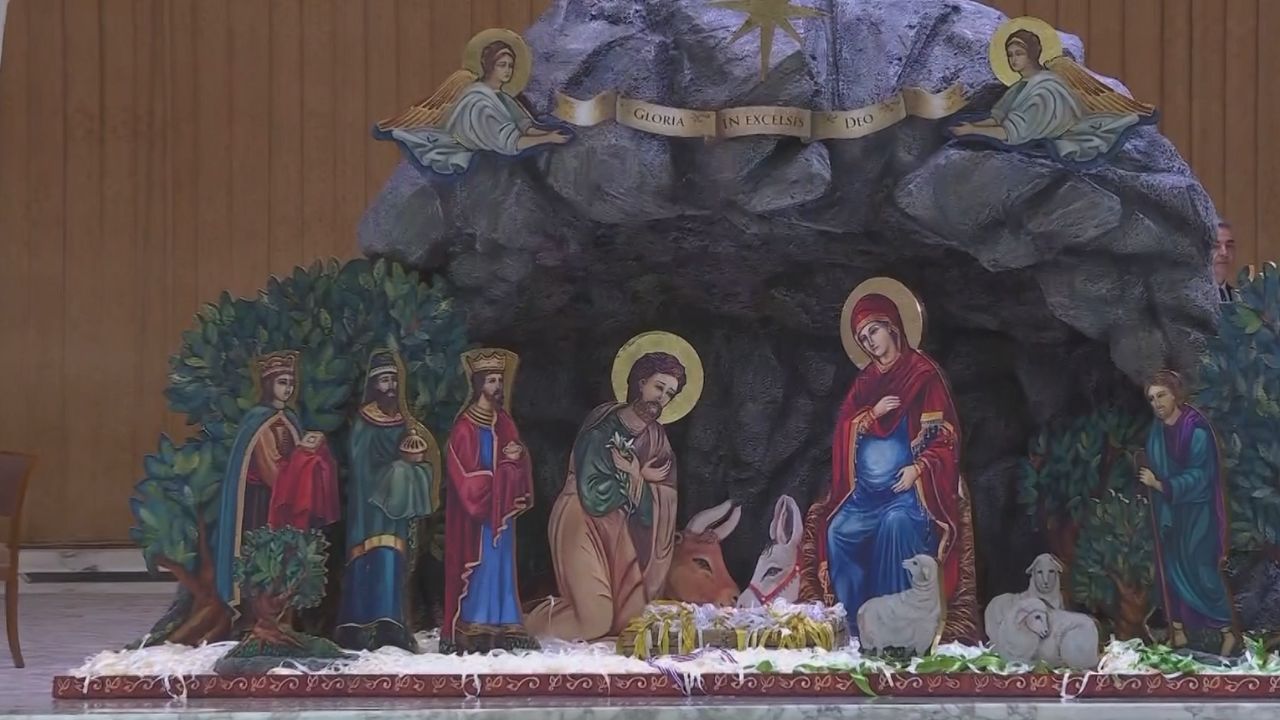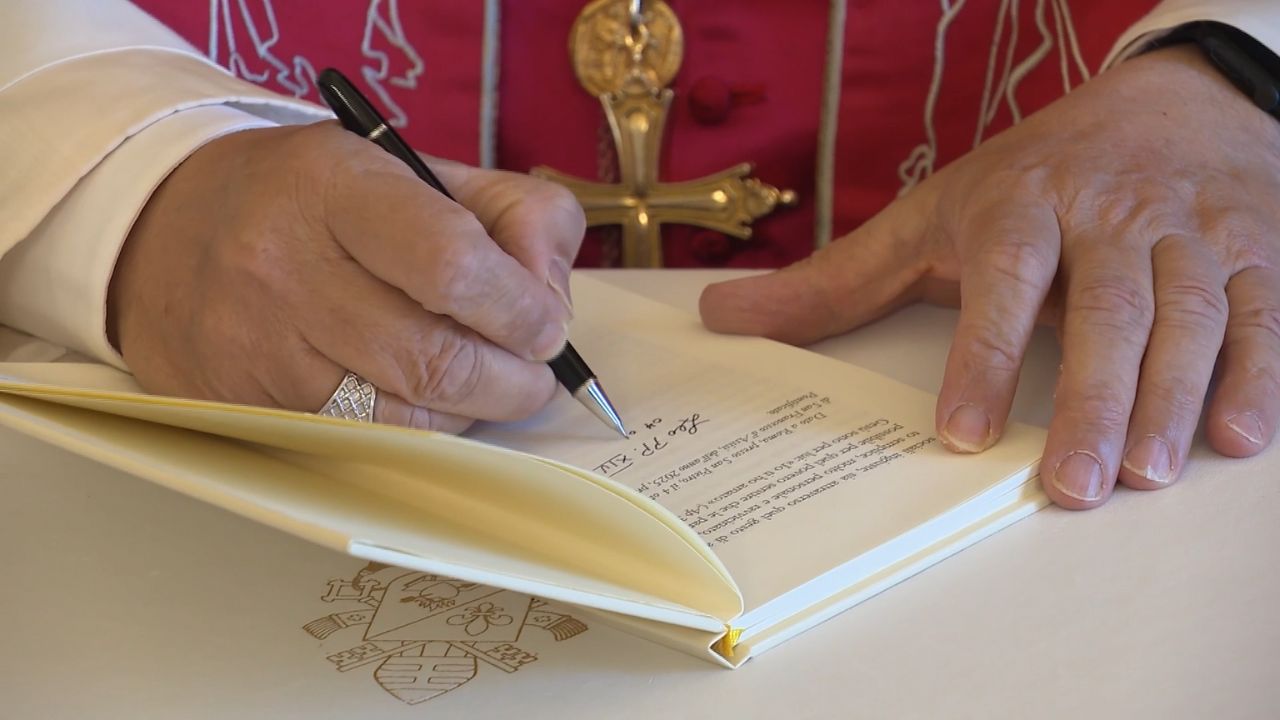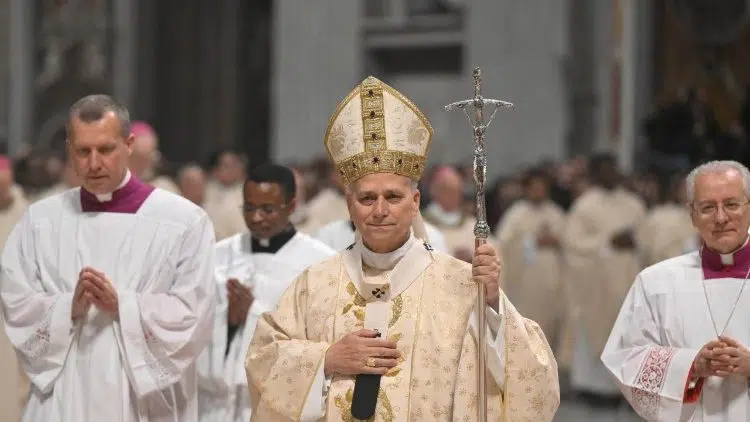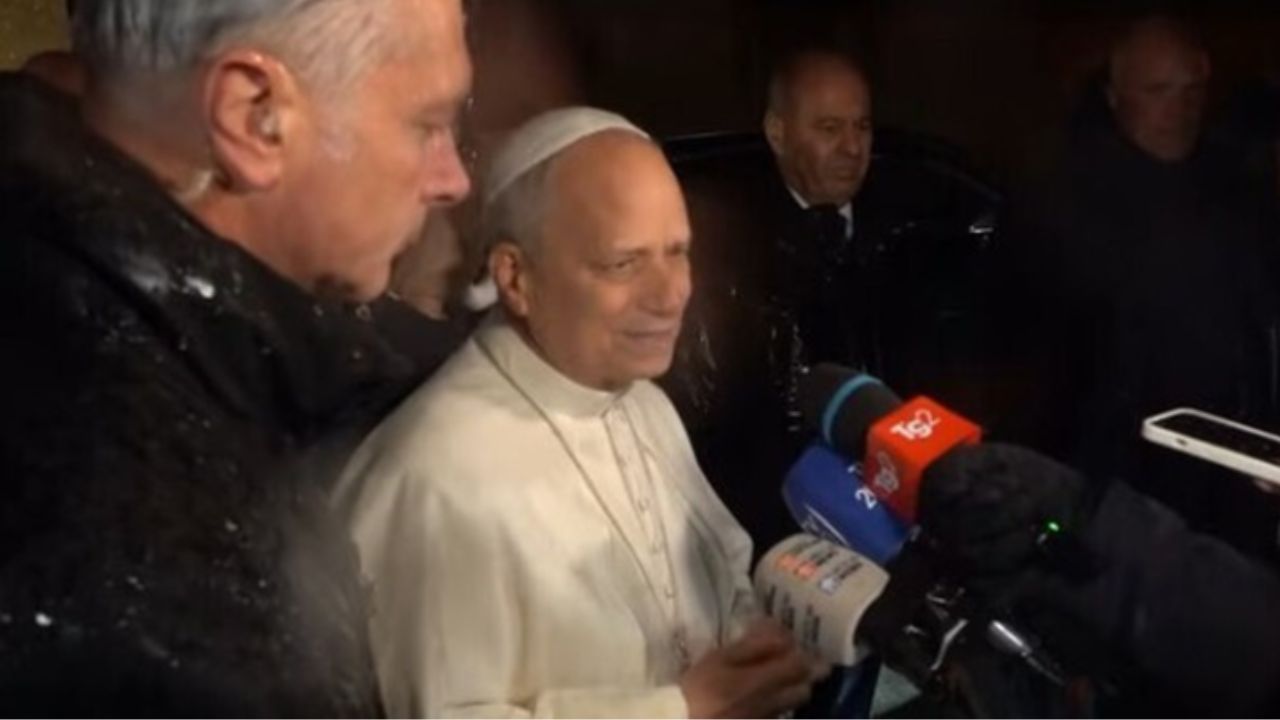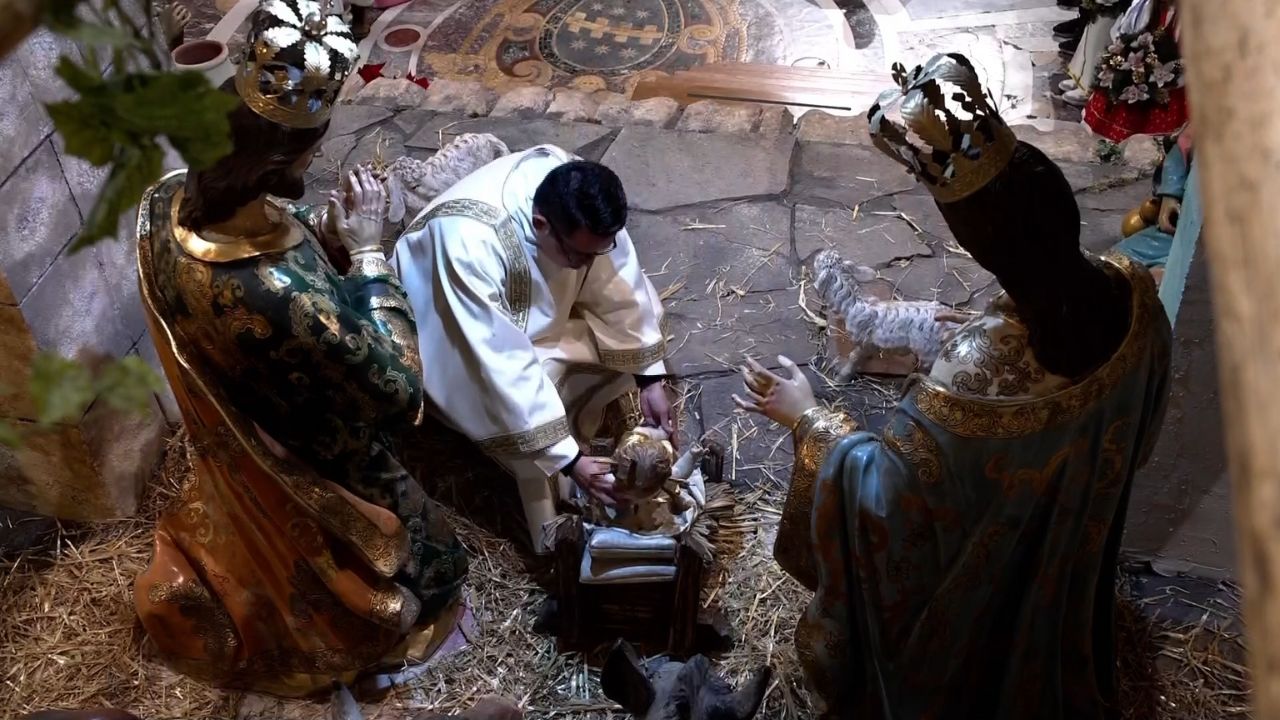Let’s face it, in 2,000 years of the history of the Church, there’s been nothing quite like it: two popes, one active and the other emeritus, living across the road from one another for nearly a decade. Hollywood even made a movie about it.
In an interview with Rome Reports, papal secretary, Archbishop Georg Ganswein, confided that was not what Pope Benedict XVI had in mind when he resigned in 2013…
ARCH. GEORG GANSWEIN
Prefect of the Papal Household
“He told me he didn't think the journey from the last day of his pontificate to St. Peter's Gate in Heaven would be so long!”
When he stepped down, Benedict XVI was 85 years old. Today the Pope Emeritus is 95. There’s no doubt that, under normal circumstances, life expectancy continues to increase, giving rise to a series of often unpreceded situations, particularly in the Church.
So it should come as no surprise to learn that the Italian University of Bologna recently decided to bring together a group of experts in Canon Law to discuss these ecclesiastical situations – from a purely legal perspective, of course…
ANDREA ZANOTTI
Canon Lawyer, University of Bologna
“The legal profile and juridical status of a pope who resigns must be legally regulated somehow.”
Put eighty Canon lawyers in a room together anywhere and the conversation is bound to get heated. This time was no exception. Apparently, the discussion went far beyond deciding what ought to happen when a pope resigns. They started posing some far more leading questions, like: what happens when a reigning pope has a serious accident, or suffers a sudden illness that leaves him incapacitated and unable to make decisions?
ANDREA ZANOTTI
Canon Lawyer, University of Bologna
“There is a hypothesis already provided for in the Code of Canon Law, but it still requires special legislation that hasn’t yet seen the light.”
One thing all the Canon lawyers agreed upon was that the Code of Canon Law needs to be amended, and that the best way to manage a crisis is to act before the crisis becomes – a crisis…
ILARIA ZUANAZZI
Canon Lawyer, University of Turin
“There’s no legislation that covers these two extraordinary situations. It’s important we come up with suitable legislation to deal with hypothetical scenarios that could arise in the future.”
All of which leaves a series of awkward and complicated questions to be answered: Who decides that the Pope incapacitated? Who takes his place in the meantime, and for how long?
It couldn’t have been easy, but the eighty Canon lawyers did come up with a series of legal proposals: 1. That it should be the responsibility of the Dean of the College of Cardinals to confirm the state of mental and/or physical health of the Pope and, following suitable medical consultation, certify the same together with his fellow Cardinals. 2. That in the case of the Pope being temporarily unable to fulfil his office, a council of five Cardinals would deal with the most urgent matters. 3. That if the Pope should be permanently incapacitated, a two-thirds majority of the College of Cardinals could declare the See of Peter vacant – the same as happens when a Pope dies – and call a conclave to elect a new one.
ILARIA ZUANAZZI
Canon Lawyer, University of Turin.
“We were delighted to confirm that all our colleagues agreed we need to move forward with these legal proposals.”
And move forward they will. After fine-tuning their legal proposals, the Canon lawyers intend presenting Pope Francis with their conclusions regarding papal resignations and incapacitations as early as next year.
